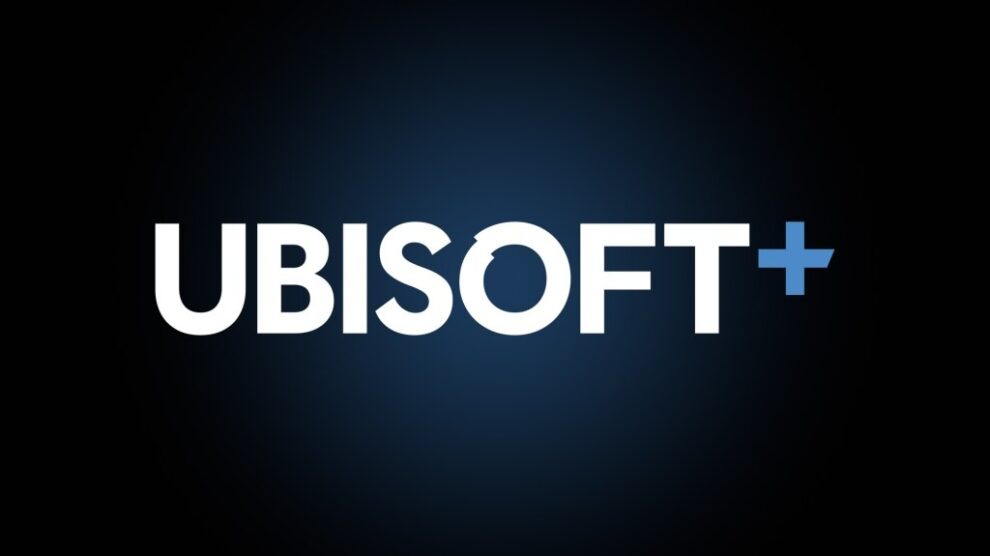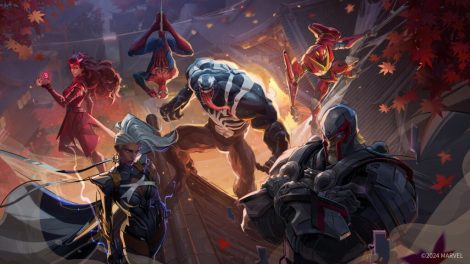The age-old concept of game ownership faces an existential crisis. With the rise of subscription services like Ubisoft+, questions abound whether building personal game libraries remains relevant in today’s digital era.
Ubisoft’s all-you-can play buffet grants access to 100+ titles, including new releases, for a recurring monthly fee. This model clashes with the traditional approach of purchasing games to “own” indefinitely.
While some gamers cherish subscription perks like affordability and discovery, others hesitate to relinquish ownership of lovingly curated game collections. As the industry gravitates towards services, what does the future hold for game ownership?
The Changing Definition of Game Ownership
Game ownership has evolved dramatically from the early days of cartridges and discs. As platforms shift digital, the meaning of ownership grows increasingly murky.
Ownership in the Physical Era
During the reign of physical media, ownership was concrete. Gamers held tangible products granting unlimited, unconditional access. They could freely trade, modify or resell games like cherished assets.
Digital Distribution Raises Questions
Today’s digital landscape complicates matters. Downloaded games cannot be resold or shared freely due to licensing limitations. Games also risk delisting or compatibility issues as technology progresses.
Unlike physical products, digitally purchased games reflect temporary licenses to access intellectual property. This paradigm shift brews unease about forfeiting ownership.
The Ubisoft+ Subscription Gamble
Ubisoft seeks to accelerate this transition with Ubisoft+, their Netflix-style gaming subscription.
Perks of Subscription Gaming
Subscriptions do tout benefits versus individual purchases. Ubisoft+ grants instant access to Ubisoft’s catalog at a budget monthly rate. Gamers enjoy trying new titles risk-free while saving substantially.
Pitfalls of Losing Ownership
However, subscriptions also force gamers to surrender ownership of accessed titles. Canceling Ubisoft+ revokes game access instantly. Additionally, Ubisoft maintains full control over available titles month-to-month.
These uncertainties keep some gamers clinging to ownership. Having limited or no access to beloved games proves unacceptable despite affordability perks.
Game Preservation Concerns
Game preservation represents another key issue surrounding digital ownership. As online ecosystems evolve, preserving iconic video games grows increasingly difficult.
Fragility of Digital Media
Digital games depend intrinsically on underlying technologies and platforms remaining intact indefinitely. Server outages render games temporarily or permanently inaccessible.
Formats and software also risk falling into obsolescence. As hardware marches forward, maintaining backward compatibility persists as an endless struggle.
Preserving Classics for Posterity
What happens when servers shut down or new platforms break support for age-old classics? Vast catalogs of iconic, influential video games risk being lost to time.
Without proper efforts to preserve aging titles, entire chapters of gaming history face digital extinction. This stark reality amplifies ownership concerns surrounding all-digital ecosystems.
Is a Hybrid Model the Future?
Looking forward, the best path may incorporate both classic ownership and modern subscriptions.
Curate Owned Classics Collection
Gamers should identify must-own classics meaningful on a personal level. Building a curated library of beloved games that shaped their passions enables replayability for years to come.
Embrace Subscriptions For Discovery
Simultaneously, subscriptions provide convenient access to new releases otherwise missed. Instead of buying every hyped title, subscriptions enable sampling games once unplayable due to cost.
This balanced combo delivers the best of ownership and subscriptions in a gaming future where both models coexist harmoniously.
Preserving Ownership Freedom and Choice
While inevitable, the decline of game ownership should not signal an apocalypse. Thoughtful preservation policies and hybrid options may strike an ideal balance where gamers retain meaningful ownership without fully ceding control to subscriptions.
Owning landmark games provides sentimentality and permanence subscriptions cannot replicate. As gaming moves forward, keeping this freedom of choice should remain priority one.










Add Comment